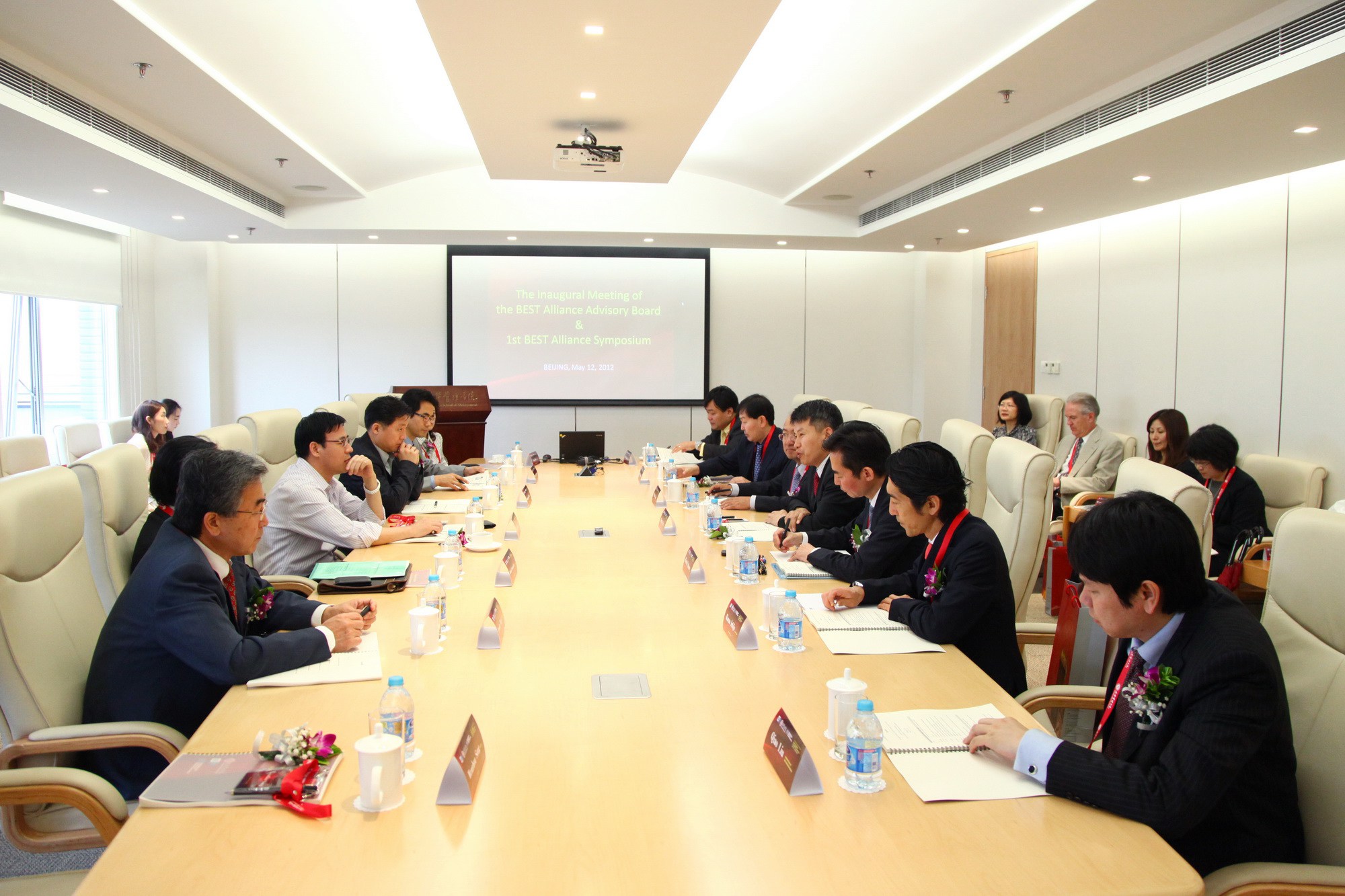Business Negotiations in China. Interview with Mr. Arie Boeve

Business Negotiations in China. Interview with Mr. Arie Boeve
Much has been explained about doing business with Chinese privately owned companies. You need to use a lot of time and patience in order to build a strong partnership or agreement which can be beneficial to both parties. When doing business with Chinese state-owned enterprises, you would perhaps need double the time and the patience. Arie Boeve will share his experiences on how to successfully do business negotiations in China;
- What makes business negotiations in China so different from business negotiations in the West?
In the West, people normally contact you because they are interested in your product or service; essentially your company and your product is enough as ‘the introduction’ for the meeting. While in China you need to introduce yourself first. You build the business relationship through having dinner, drinking together and etc. Business normally comes after building personal relationship, so do not expect business on the first date, but perhaps you get lucky on the third date.
- What difference is there between negotiating with Chinese private and state-owned enterprise?
A private company is very commercially structured and organized. Privately owned companies have a more similar pattern of thinking to a Western company. Their goals and objectives are comparable to a Western company, so they tend to have a tougher attitude in negotiations (need to make money!).
- What part of business negotiations in China you find the most interesting/appealing?
Negotiations with private companies are very interesting. From my background in the agriculture sector in China, I really enjoyed negotiating with the farmers in China. They have their expectations of their products like trees and flowers. However the quality often could not meet the requirements, so you would have to teach them how to ensure the quality and control it. Another interesting aspect of business negotiations in my field of work is about negotiating with farmers. If you do not pay a certain amount as down payment, they will not reserve the products for you but sell it to another. By the time you are waiting for the shipment they already sold it to someone else because “you did not pay it so the deal was not sealed”.
- What word of advice would you share with newcomers in doing business in China when starting and completing successfully negotiations with Chinese counterpart?
I would advise a newcomer to create a nice letter in Chinese, translated by an official translation company, wherein you explain your company and what you want to do in China. Especially if you are looking for Chinese partners, it is very important to have your business cards in Chinese. Important is that you are well prepared when entering the Chinese market. Therefore you have to do research about the market. Read books about China to learn what to do, where to sit during dinner, etc. Another good option is to contact professional company to train you in these essential elements of doing business in China. We have a very dedicated and professional partner company which can offer this training, which is Kerling Consulting which is located in the Netherlands and can be contacted at niels@kerlingconsulting.com.
Related posts

